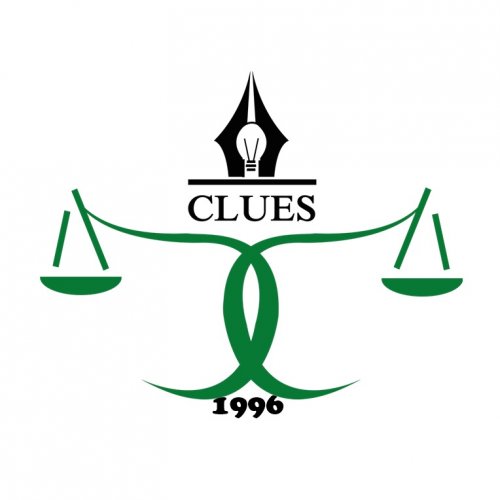Best Office Solutions Lawyers in Thimphu
Share your needs with us, get contacted by law firms.
Free. Takes 2 min.
List of the best lawyers in Thimphu, Bhutan
About Office Solutions Law in Thimphu, Bhutan
The legal landscape for Office Solutions in Thimphu, Bhutan refers to a broad array of laws dealing with contracts, employment, intellectual property, data protection, and general business law. The Ministry of Economic Affairs is the governing body that oversees the laws relating to businesses, including office solutions.
Why You May Need a Lawyer
A lawyer specialized in office solutions law can offer guidance and support in several situations such as contract formation, understanding business laws related to office solutions, private and public data protection, intellectual property matters, and resolving employment disputes. A lawyer also proves beneficial during instances of litigation or negotiations with other businesses. It is crucial to consult an attorney should you plan to form, dissolve, or change the structure of a business to ensure you are within the legal bounds and your rights are protected.
Local Laws Overview
The Bhutanese law upholds the principles of fair trade and competition. Therefore, any contracts related to office solutions should comply with these principles. Regulations regarding intellectual property (Copyright Act of Bhutan, 2001), labor and employment (Labour and Employment Act of Bhutan, 2007), and data protection (Information, Communications and Media Act of Bhutan, 2018) regulations also govern office solutions. These acts cover aspects like employee rights, patenting, data privacy, and copyrights which make them relevant in the realm of office solutions.
Frequently Asked Questions
1. Can I patent my office solution in Bhutan?
Yes, according to the Intellectual Property Policy of Bhutan, you can patent your unique office solution. It is recommended consulting with a lawyer during the process for a smoother experience.
2. What rights do employees have under the Labour and Employment Act?
Employees have rights to fair wages, healthy and safe working conditions, and protection against discrimination. Furthermore, they have the right to strike, join unions, and negotiate collective bargaining agreements.
3. How is data privacy handled in Bhutan?
Data privacy in Bhutan is governed by the Information, Communications and Media Act of Bhutan, 2018. It stipulates the ways personal data can be obtained, stored, and used. Non-compliance can lead to severe penalties.
4. Can I form a business dealing in office solutions in Thimphu?
Yes, you can. However, it is crucial to register your business with the Ministry of Economic Affairs and comply with all the established regulations and laws. A legal expert can assist you with the necessary processes.
5. How can I protect my copyrighted work?
Under Bhutan's Copyright Act, the creator of original work has the exclusive rights to reproduce, adapt, distribute, and display the work. Any unauthorized use can be legally challenged. Consulting with an attorney can provide further guidance.
Additional Resources
For additional resources, you can visit the websites of the Ministry of Economic Affairs, Department of Intellectual Property, and the Bhutan National Legal Institute. These platforms provide comprehensive information about Bhutan's laws and regulations.
Next Steps
If you require legal assistance in office solutions, it would be advisable to consult with a lawyer specializing in this field. Collect and organize any documents relevant to your situation before the consultation. Keep open communication with your legal counsel and ask any queries you may have for better understanding and relationship.
Lawzana helps you find the best lawyers and law firms in Thimphu through a curated and pre-screened list of qualified legal professionals. Our platform offers rankings and detailed profiles of attorneys and law firms, allowing you to compare based on practice areas, including Office Solutions, experience, and client feedback.
Each profile includes a description of the firm's areas of practice, client reviews, team members and partners, year of establishment, spoken languages, office locations, contact information, social media presence, and any published articles or resources. Most firms on our platform speak English and are experienced in both local and international legal matters.
Get a quote from top-rated law firms in Thimphu, Bhutan — quickly, securely, and without unnecessary hassle.
Disclaimer:
The information provided on this page is for general informational purposes only and does not constitute legal advice. While we strive to ensure the accuracy and relevance of the content, legal information may change over time, and interpretations of the law can vary. You should always consult with a qualified legal professional for advice specific to your situation.
We disclaim all liability for actions taken or not taken based on the content of this page. If you believe any information is incorrect or outdated, please contact us, and we will review and update it where appropriate.









